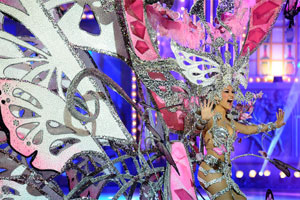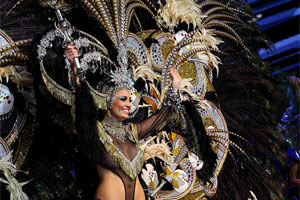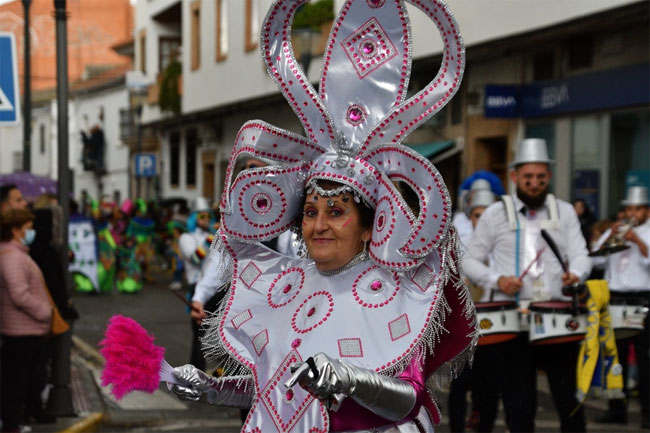The Miracle of the Corporals of Daroca
A miracle that happened during the Reconquista, specifically as the legend says in the year 1239. Since then, it has attracted many pilgrims to Daroca since the Middle Ages to contemplate the relic and attend the liturgies.
The Miracle, The Corporals, and The Corpus
The miracle did not happen in Daroca. According to tradition, at a key moment in the battle against the Muslim army to defend the Valencian city of Luchente, when going to officiate a mass in the Castle of Xio, the enemy attacked, giving the priest just enough time to hide the six hosts that were going to be received by the captains of the troops of Calatayud, Daroca, and Teruel, to prevent them from falling into the hands of the enemy and being profaned. Against all odds, they won the battle, but the surprise was that when they went to recover the hosts (The Corporals), it was discovered that they were soaked in blood. This was interpreted as a miracle.
After this event, the captains had to decide which population would return the cloth with the remains of blood. On three occasions, when they cast lots, it was the town of Daroca that received the relic. Finally, they decided to put the relic on a mule so that it would decide the destination itself, and it finally arrived exhausted in Daroca where it fell dead.
The Corporals are displayed in the Corpus Christi celebrations, which are also the major festivals of Daroca. For many centuries, this event has been celebrated with the exhibition of The Corporals and the liturgies. Given the large number of people who gathered during these dates, cattle markets began to be held, and more and more festive elements were incorporated that have changed over time. In recent years, we have the example of "La Carrera de Ruejos."
La Carrera de Ruejos
La Carrera de Ruejos is a fun event that has recently been added to this celebration, the first edition was held in 2018. Participants push tractor wheels decorated like the old ruejos, as the millstones are known in this area, to the finish line. The first edition was well received, and the intention is to repeat it every year.
In this case, an important event from the past is also being remembered: in the year 1575, when floods were raising the water level within the town, they launched a millstone that managed to break the city gates, alleviating the danger.




